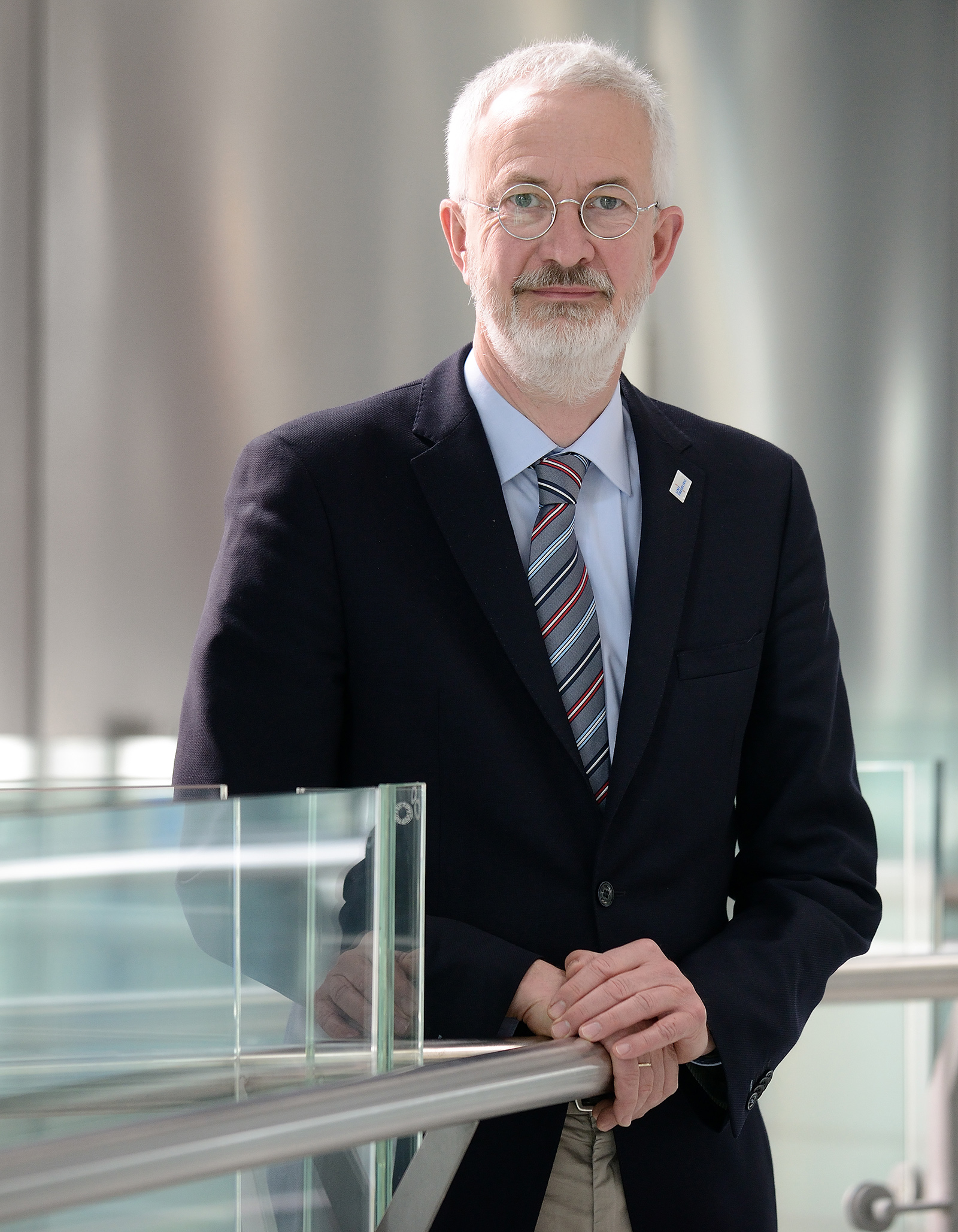Here you can find detailed profiles of DKTK faculty members with programm specification and research focus in the Researcher Database. Find contacts of all DKTK scientists at the DKTK intranet
Researcher Database

Prof. Dr. Christoph Peters
University of Freiburg
Stefan-Meier-Straße 17
79104 Freiburg
Program
Exploitation of Oncogenic Mechanisms (EOM)
Summary
Prof. Dr. Christoph Peters (director of the Institute for Molecular Medicine and Cell Research and Scientific Director of the Comprehensive Cancer Center Freiburg, and spokesperson of the Collaborative Research Center “Control of Cell Motility in Morphogenesis, Cancer Invasion and Metastasis” (SFB 850)) aims to investigate cancer invasion and metastasis taking cancer cell autonomous as well as non-autonomous processes into account. The analysis of pathways to elucidate the mechanisms underlying pathological cell motility in cancer and the investigation of the tumor microenvironment as an essential factor for survival, growth and tissue invasion and metastasis of carcinomas are in the focus of his research.
Proteolysis is a hallmark process during invasion and metastasis of solid cancers. The expression of the cysteine-type proteases cathepsin B and cathepsin X are correlated to poor prognosis of cancer patients. Genetic deficiency of these enzymes in cancer mice results in reduced tumor and metastatic burden. However, causal insights into the in vivo functions of cathepsins B and X in tumor progression are still missing. Therefore, the identification of cell types and the molecular networks in which cathepsins B and X are critical for cancer cell invasion and metastasis in mouse models is under ongoing investigation.
Tumour progression is caused by dysregulated intracellular signaling, but also by altered interaction of cells with their environment. Both processes are connected to each other as modifications of signaling and metabolic pathways caused by oncogenic events within the tumor cell are contributing to the establishment and dynamic remodeling of the tumor microenvironment, e.g. by inducing proteolytic activities and secreting signaling molecules that address stromal, endothelial and immune cells. Therefore, the tumor microenvironment has drastic effects on the establishment and progression of a tumor. Research groups at the Institute for Molecular Medicine and Cell Research are working on cell cultures and and transgenic animal modles to obtain novel insights by re-building the tumor microenvironment in a well-defined experimental settings that also allow its multi-parameter monitoring in real time.
Prof. Dr. Christoph Peters works in close cooperation with other DKTK investigators in Freiburg. Overlaps are existing with the research of Prof. Dr. Thomas Reinheckel (protease network), Prof. Dr. Melanie Börries (systems biology of cellular microenvironment), Prof. Dr. Oliver Schilling (disease specific proteome profiles) and Prof. Dr. Tilman Brummer (B-raf Signaling Pathway).